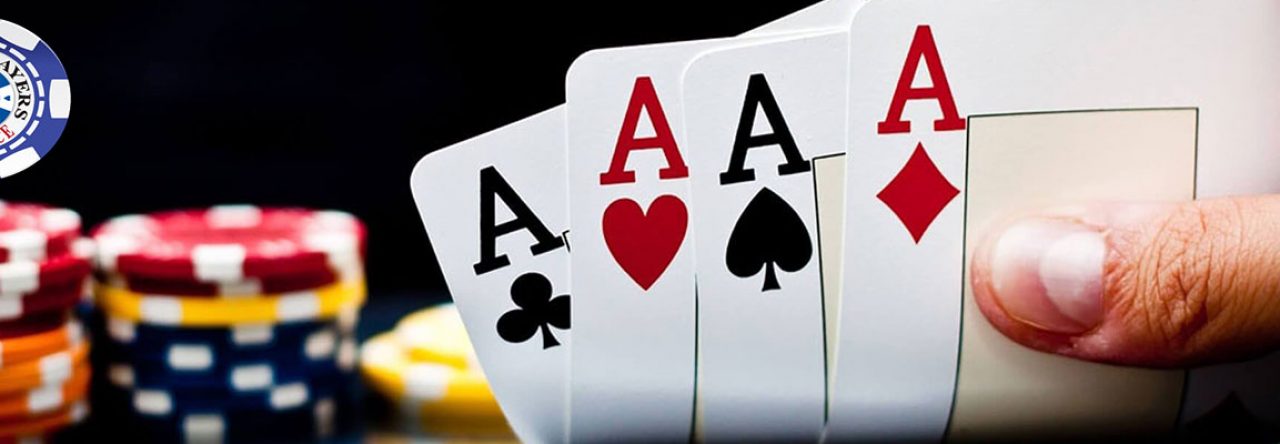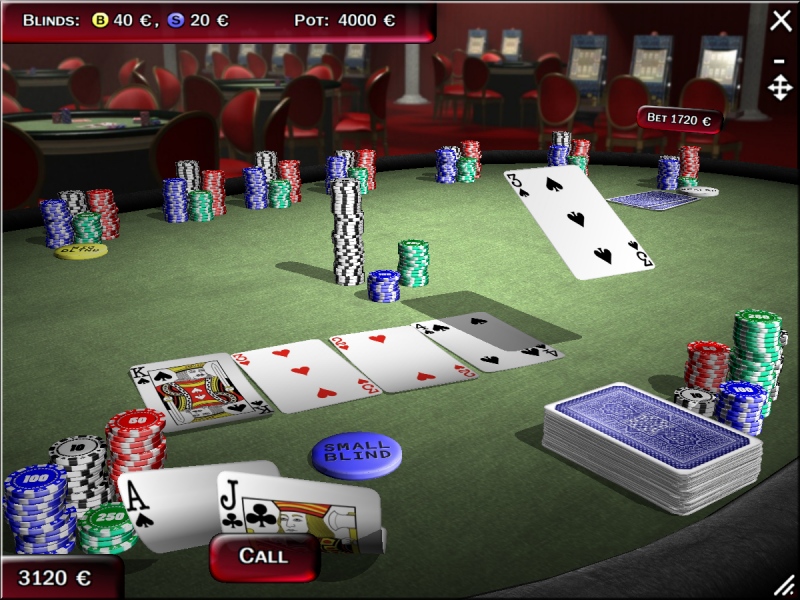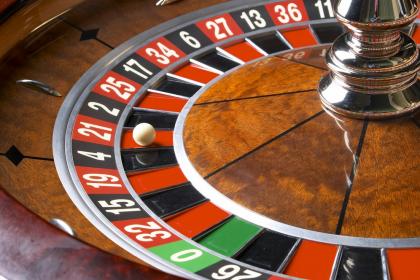The game of Texas holdem Poker is arguably the most popular variant of poker games currently being played. Most major poker tournaments use this simple to play, yet difficult to master, version of the game and it is certainly very popular on the increasing number of online poker sites.
So, as a beginner to the game, what are the three crucial mistakes to avoid when playing Texas hold ‘em? Listed below are some rookie mistakes that can prove to be costly and which need to be avoided to ensure that your stack keeps growing!
1. Remember, folding is your friend.
There can be nothing more difficult for a novice Texas hold ‘em player to do, than to fold a hand. While it is relatively easy to fold pre-flop, especially if you have committed little or nothing to the pot and have very little in your hand to work with, folding when you have committed a significant amount of money to the pot can seem to the novice to be a waste of money.
In truth, if you hold two strong cards in your hand, but the flop, turn and river produce no help for you and worse still seem to have assisted another player, it is wisest to cut your losses, take the hit and cut and run.
It may seem like a bind, having committed a lot of your stack to the pot, to throw the money away with your cards, but it is better to fold sooner, rather than commit even more and risk losing it all. This could happen if an opponent calls your bluff; which leads us nicely onto the number two mistake beginners to Texas holdem poker make.
2. Don’t be tempted to bluff continually.
Film and television have played a part in making this seem the exciting and dynamic thing to do; where a poker player who has nothing in his hand whatsoever, bluffs his way to a huge win against an opponent sitting on a great hand. This is pure movie fiction. No poker player worth his salt will continue to be taken in by a player who bluffs continually. Eventually, even if you are successful with your first couple, your bluff will be called and you risk losing a large amount of your stack.
For the beginner it is wisest to play what you have in your hand; play the percentages and only what the cards provide you with, rather than what you think you can bluff from other players.
3. Don’t be tempted to bet your entire stack early on in a game.
It may seem tempting, if you have hit a good hand early on in your poker career, to loudly proclaim “all in” and fling your chips into the centre of the table with a flourish. Of course, you may get lucky as a novice player and get the win if the flop is kind, but it is also worth remembering that all but the strongest of hands, can be beaten.
Instead, take your time to play yourself into the game. Play the stronger hands you have sensibly and try and build your stack slowly. Even average poker players will know a player who goes all in is either bluffing, in which case they could be called, or has a good hand and so they will fold and the chance for you to increase your stack goes.
Save going ‘all in’ for when you really need to, when your chips are down and you have little other chance of staying in the game.
So, if you are a beginner, avoid these three rookie mistakes and start to enjoy the game of Texas hold ‘em, you’ll win some and you’ll lose some, but you are guaranteed a fantastic time!


